We include products in articles we think are useful for our readers. If you buy products or services through links on our website, we may earn a small commission.
Carnivore Diet Salt: Benefits and Best Brands
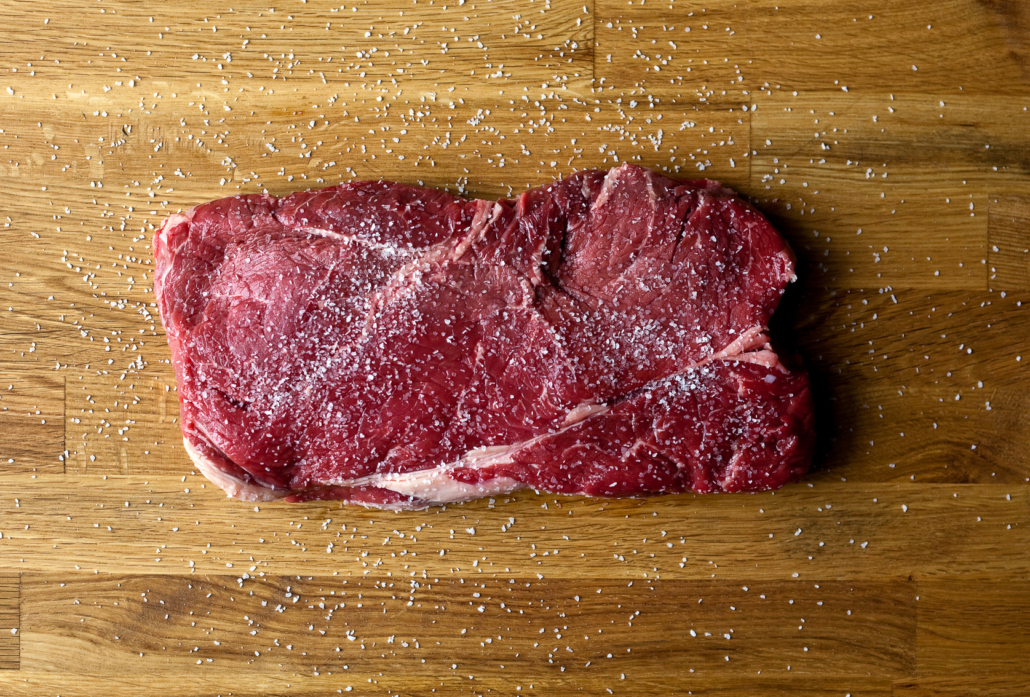
The carnivore diet is an ancestral way of eating. This means that it realigns our modern dietary patterns with the foods and eating habits that most closely resemble those that our ancestors evolved on. The belief is that since the human body and brain evolved on a hypercarnivorous diet of mostly fatty meat, we are adapted to thrive on this fuel source. Indeed, low-carb, high-fat meat-based ketogenic diets have been shown to offer numerous health benefits, including weight loss, improved cholesterol, reduced inflammation, reversal of metabolic syndrome and type 2 diabetes, sustained energy, and improved mental health. Yet, for many carnivore dieters, there remains the question as to whether salt is necessary on the carnivore diet, if so how much, and what kind.
In this article, we’ll explore the question of salt on the carnivore diet from an evolutionary and practical view, including the health benefits and risks of salt, the carnivore foods that naturally provide salt (and other electrolytes), and the best brands of salt to choose from if you decide to season your foods.
Is Salt an Ancestral Food?
The question of salt being an ancestral food is surprisingly complex. On the one hand, the electrolytes sodium and chloride, which make up 40% and 60% of table salt, are essential. Essential in nutritional terms means that humans need to consume them to survive.
Our bodies need at least 500 mg of sodium per day, and between 2 and 3 grams of chloride.
Yet researchers MacGregor and de Wardner, in their book Salt, Diet, and Health, cite evidence suggesting that for 2.6 million years, our ancestors didn’t add salt to their diets. And that humans only began regularly salting their food around 5,000 years ago.
During this vast period of evolution, during which the human species defined itself from our primate ancestors in large part by eating mostly meat, humans got their sodium and chloride directly from the foods they ate. In turn, we developed mechanisms for conserving salt in the body.
The conclusion from these researchers was that our ancestors consumed relatively little salt–around 700 milligrams per day. But that only accounts for the sodium in muscle meat from select land animals.
Meat for our hypercarnivorous cavemen ancestors meant muscle, organs, viscera, skin, marrow, and blood, not to mention various aquatic creatures. Taken together, these foods provide an abundance of sodium and chloride.
Dr. James DiNicolantonio in his book “The Salt Fix: Why the Experts Got it All Wrong and How Eating More Might Save Your Life” found that “For example, muscle contains approximately 1,150 milligrams of sodium per kilogram. Australian Aborigines would eat 2 to 3 kilograms of meat per sitting during a kill. This is equal to 3,450 milligrams of sodium per day, the exact amount of sodium that current-day Americans consume (when they’re not straining to achieve the low-salt guidelines, that is!).”
At the same time, raw and unprocessed fish and meat can contain up to 4 mg of chloride per gram or 1814 mg per lb (4g per kg).
So does the fact that our carnivorous ancestors exceeded the modern recommended intake of sodium and chloride mean that salt is an ancestral food? No., But it does tell us that our ancestors likely evolved by consuming what today would be considered robust salt intake.
Consuming sodium and chloride is ancestral. Getting it from added salt may not be, but does that make it a bad thing? Also no. Salt can provide numerous benefits on carnivore and there’s really no reason to leave it out.
Of course, like all things carnivore, it’s a good idea to experiment with salt on the carnivore diet to hone in on the specific needs of your body.
Isabella Ma, known on YouTube as Steak and Butter Girl, shares her experience with and without salt on carnivore. But just a brief glimpse of the comments reveals many people who found the opposite to be true for them.
Is Salt Healthy?
Though the WHO recommends limiting salt to 5 grams per day (2.3 grams of sodium, 2.7 grams of chloride), numerous studies have found no reason to limit salt intake.
A 2011 article in Scientific American titled It’s Time to End the War on Salt cited a large-scale meta-analysis published in the American Journal of Hypertension involving 6,250 subjects. The researchers found “no strong evidence that cutting salt intake reduces the risk for heart attacks, strokes or death in people with normal or high blood pressure.”
Among the various studies reviewed was a 2006 study that looked at the links between the daily sodium intakes of 78 million Americans and their risk of dying from heart disease over a period of 14 years. Researchers found that the more sodium people ate, the less likely they were to die from heart disease.
When you consume less than 6 grams of salt per day, your body undergoes a sequence of potentially problematic hormonal reactions:
- The renin-angiotensin-aldosterone (RAAS) hormone system is stimulated
- In the short term, these hormones attempt to balance your blood pressure
- In the long term, stimulation of the RAAS can increase the risk of chronic inflammation, metabolic syndrome, insulin resistance, heart disease, and cognitive decline.
Not to mention the sodium and chloride in salt are critical to numerous bodily functions, including:
- Maintaining fluid balances within and around cells
- Maintaining proper blood pressure
- Factors in proper muscle contraction (including our heart muscles)
- Helps nerves send signals throughout your body
Benefits of Salt on the Carnivore Diet
In the early stages of carnivore, your body undergoes a transition from high carbohydrate intake to almost zero carbs. This switches your body into a metabolic state called ketosis where your body metabolizes stored carbohydrates in your muscles called glycogen. In order for this to occur, your body reduces insulin.
Reduced insulin triggers your kidneys to release sodium. At the same time, glycogen is “packaged” with water molecules that are “flushed” from your body via urine when the glycogen is released.
The combination of flushing of fluids containing sodium and reduced sodium levels in your blood can disrupt the balance of various other electrolytes in your body.
Though ketosis and the various metabolic changes associated with reducing carbs and increasing your intake of fatty whole animal products is remarkably beneficial, it is important to support your body by replacing the lost sodium with added salt.
How to Get Enough Salt on the Carnivore Diet
To ensure that you’re getting enough salt to rebalance your electrolytes during the transition to carnivore, the consensus among doctors familiar with carnivore is to consume 12 grams (2 tsp) of salt daily in the first few days of carnivore.
Once your body is adapted to carnivore consume at least 5 grams (about 1 tsp) of salt daily to avoid side effects like headaches, fatigue, and constipation.
What are the Best Salts for the Carnivore Diet?
The best salts for carnivore will be those that are least processed.
It’s worth noting that lately, there’s been much debate about toxins in salt, including pink Himalayan salt and sea salt, which you can read more about here.
For now, here’s a rundown of Dr. Kiltz’s top recommendations.
1. Redmonds Salt
Mined in Utah since 1958, Remonds Real Salt comes from an ancient seabed protected from modern pollution. The salt is completely unrefined and is the only American pink and black salt.
Unlike salt mined in developing countries, Redmonds ensures ethical labor standards, and sustainable practices. It also boasts a unique sweet-salt flavor.
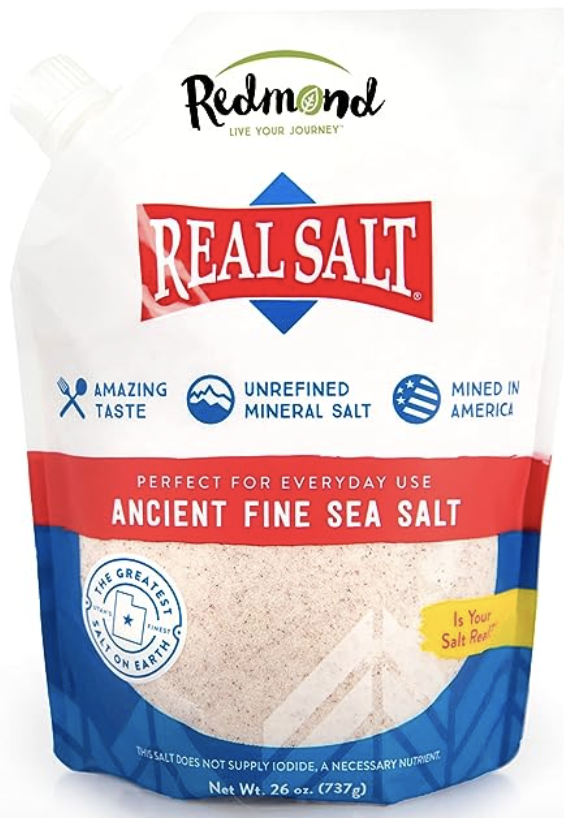
2. Maldon Salt
Pure and natural with zero additives, Maldon salts have been produced in Essex, England, with the same traditional artisanal methods since 1882. It also has a delightful pyramid shape and flaky texture that releases a wonderfully delicate flavor.
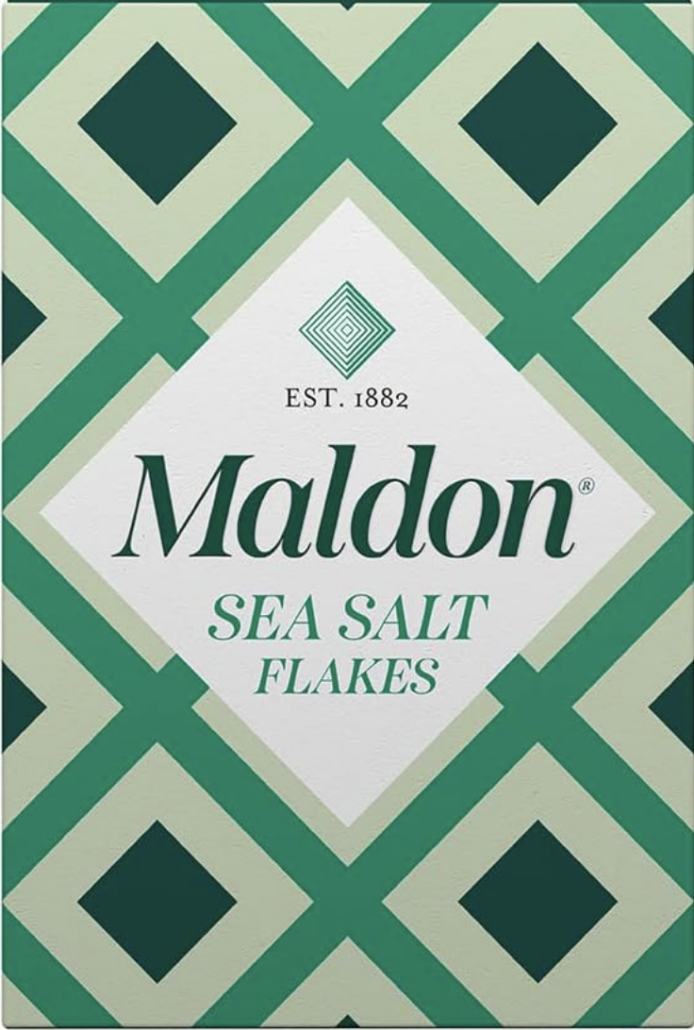
Carnivore Electrolytes with Sodium and Chloride
In addition to these natural salts, some carnivore dieters seek to increase their sodium and chloride along with other essential electrolytes including potassium and magnesium.
Fasting Salts delivers sodium, potassium, and magnesium, and nothing else. With no flavorings or additives, this is a solid solution to boost electrolytes on carnivore. But use caution. The abundance of potassium can cause heart problems if you use more than directed.
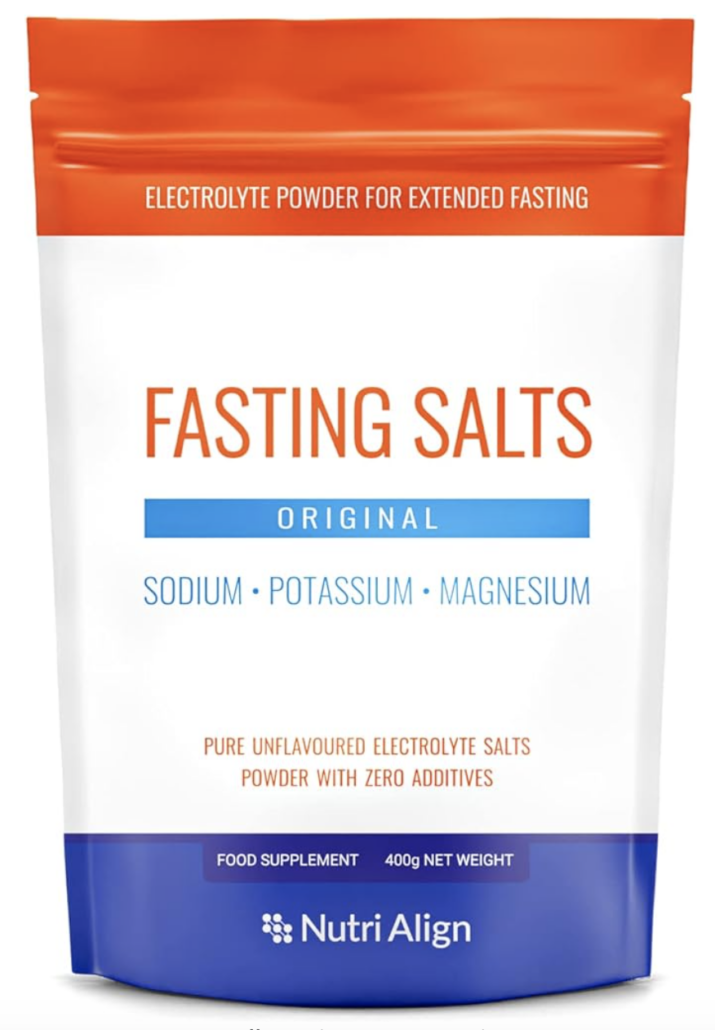
Keto Chow is another electrolyte formula created by Carnivore enthusiast Dr. Ken Berry.
It’s less concentrated than fasting salts, and provides a wider variety of trace minerals. Use by adding a few drops to your water or even directly to your meals.
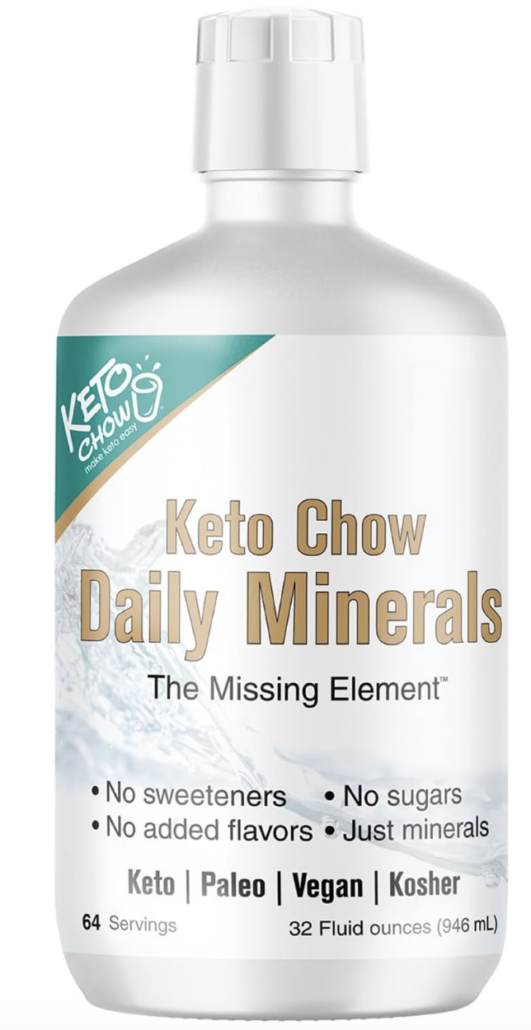
Salt on the Carnivore Diet: The Bottom Line
Adding salt to a carnivore diet is a topic of debate. On the one hand, our paleolithic ancestors didn’t salt their meals; instead, they got all the sodium and chloride they needed from the animal products they consumed. However, salt is a healthy way to boost your intake of these essential electrolytes. And recent studies show that previous links between salt and heart attacks were unfounded. In fact, salt on the carnivore diet may be a mutually supportive combination, especially during the transition from a standard diet during which your body undergoes changes that reduce sodium levels that will need to be replenished.





















